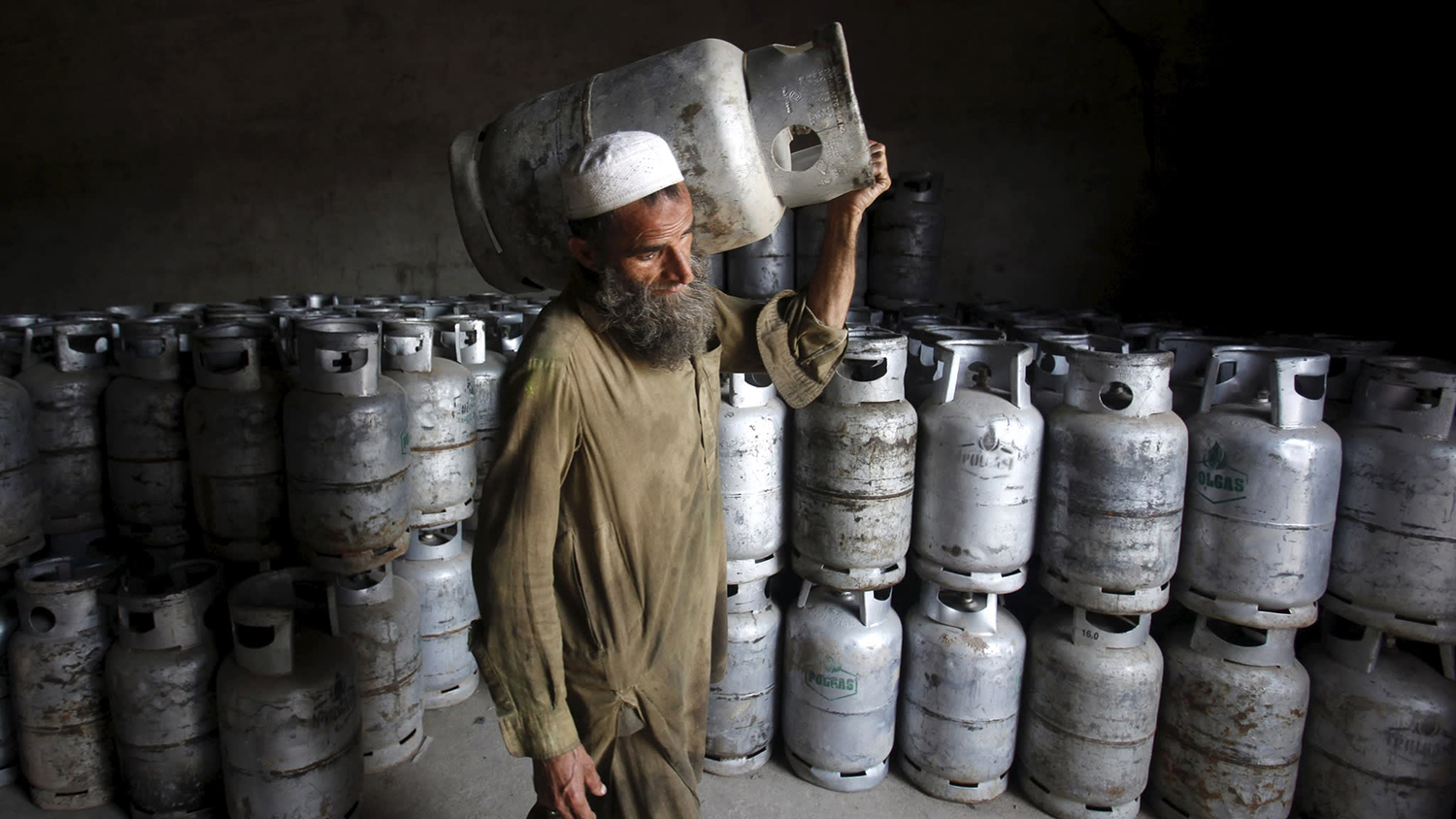KARACHI: While the government remains indecisive on the new gas rates suggested by the petroleum division, experts warn the proposed tariff increases will be detrimental to the financial interests of ordinary consumers and may have disastrous political and economic consequences.
The Oil and Gas Regulatory Authority (OGRA) has sought the government’s approval to increase the revenue of utility companies, the Sui Northern Gas Pipeline Limited (SNGPL) and Sui Southern Gas Company (SSGC), from Rs500.3 billion to Rs534.1 billion.
If approved, the gas prices will go up by 192 percent and 214 percent for the domestic consumers of the SNGPL and SSGC, respectively. These domestic consumers also constitute the biggest chunk of gas users in the country.
The approval will also affect the special commercial users of the SNGPL and SSGC who will pay 221 percent and 245 percent more, respectively.
Any change in gas tariffs will come into effect from February 2020.
While the Economic Coordination Committee of the Cabinet has not decided to raise the gas tariffs so far, the government has been warned against the move since the underprivileged sections of the society are already hit by high inflation.
“The increase in the gas tariff at this stage will be disastrous when the cost of doing business is already unbearable,” Dr. Shahid Hassan Siddiqui, senior economist, commented on Thursday. “The inflation is hovering at about 13 percent as the government has already made multiple upward revisions in the cost of electricity, gas and other inputs.”
“The industries are in a critical condition,” concurred Zubair Motiwala, chairman of the Council of All Pakistan Textile Associations, while talking to Arab News. “They are suffering due to increased cost of doing business. How can industries operate if input costs are jacked up every now and then? The government should not raise gas rates.”

In this file photo, a worker carries a cylinder of Liquified Petroleum Gas (LPG) at a gas distribution centre in Peshawar on April 29, 2015. (REUTERS)
The rate of inflation increased by 12.6 percent in December 2019 as compared to an increase of 12.7 percent in the previous month and 5.4 percent in December 2018. The government, more recently, is striving to control the supply and prices of wheat flour and sugar.
“It is very difficult for us to run the business. I have not seen such a situation in my 65 years of life,” Fazal Kareem Abbasi, President of General Naanbai Association, told Arab News. “If the government raises gas rates, we will instantly increase the price of bread by Rs3,” he warned.
Some economists blame the $6 billion International Monetary Fund (IMF) program for higher inflation and slowing economic growth in Pakistan. The country had availed the program in July last year.
“I warned against going to the IMF since it was clear that it would ask the government to increase the prices of utilities etc. The income of the people has also declined. The current situation may lead to lawlessness and economic instability,” Dr. Shahida Wizarat, senior economist, told Arab News.
As the final decision on the matter rests with the federal cabinet, analysts believe the government may not approve such a significant jump in gas prices in its present form, though they warn it may become inevitable in the long run.
















